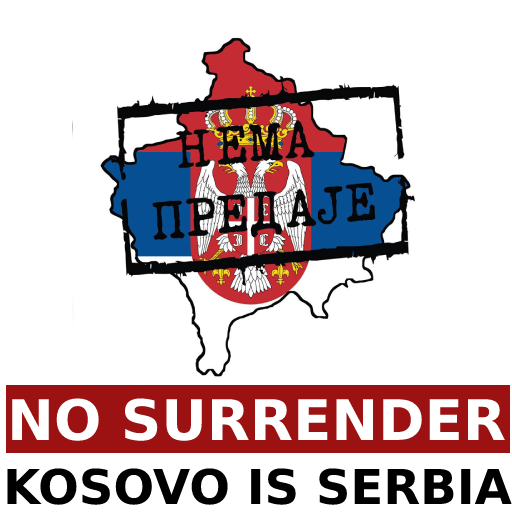English Language Grammar
English grammar is the way in which meanings are encoded into wordings in the English language. This includes the structure of words, phrases, clauses, sentences, and whole texts.
Grammar, Dictionary, Definitions, Meanings, Synonyms, Phrasal Verbs and much more
The Open Dictionary refers to a dictionary or lexicon that is open to contributions from the public. It is similar to a traditional dictionary in that it provides definitions of words, but it differs in that anyone can submit new entries or edit existing entries.
The goal of an open dictionary is to provide a collaborative and constantly evolving resource that reflects the current use and understanding of language by its speakers. Entries can be added, modified, or deleted by anyone with access to the platform, allowing for a more democratic and inclusive approach to language definition and representation.
The definite articles before names of the rivers, seas, oceans and chains of mountains
Before names of the rivers, seas, oceans and chains of mountains. It’s good practice to use the word river / lake before to avoid ambiguity.
Participles
Participles are verbal adjectives, so they may have both adjectival and verbal properties.In english language there are two participles ..
The Indefinite Article
The indefinite article has two forms: a and an. a before words beginning with a consonant & an before words beginning with a vowel or mute h. Examples | a – / ə /: a fork […]
The Present Perfect Progressive Tense
The Present Perfect Progressive Tense denotes a completed past activiti which was in progres for some time in the immediate past.
The Plural of Compounds
The Plural of Compounds | Compound nouns form their plural by adding -s to the principal word. In compounds with man/woman both words are pluralise.
Say – Tell
Say – Tell | Say is used with the actual words spoken :He said: ” I don’t think so.”She said : ” Bring me the book, will you ?”
Comparison with more and most
Long adjectives are compared by means of more and most:
The Simple Past Tense
The simple past tense indicates an activity which took place in a definite past time, having no connection with the present. An activity in ..
Omission of the indefinite article
Omission of the indefinite article is before abstract nouns used in a general sense. Examples of the omission of the indefinite article Travel completes our education. Life is grand. We are very font of music Also […]
The Present Perfect Tense
The present perfect denotes a future activity in a temporal clause. Such an activity always covers three periods: the past, the present and, the future
The Present Perfect
The Present Perfect is also used for an activity beginning in the past – which is indicated by an adverbial phrase of time – and continuing..
The Past Progressive Tense
The past progressive tense mostly indicates that a past activity was in progress at the time when another activity occurred.
“Don’t” and “doesn’t”
Difference between "Don't" and "doesn't"? Don't and doesn't are contractions. Don't is a contraction of do not, and doesn't is a contraction of does not.
Check This TipChange of tense
The first verb in a sentence establishes the tense of any verb that comes later. If you begin writing in the past, don’t change to the present. Similarly, if you begin writing in the present, don’t change to the past.
Check This TipDifference Between Intention and Goal
Intention An intention is an idea you plan to carry out, while a goal is an aim or objective that we work toward with effort and determination. Goal A goal is an aim or objective that we work toward with […]
Check This TipAsk and ask for
Ask for - ask somebody to give something Example - Ask for He asked me for a loan. They asked four dollars for the coffee.
Check This Tip